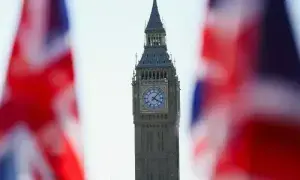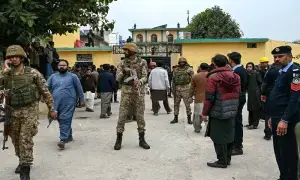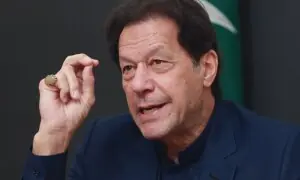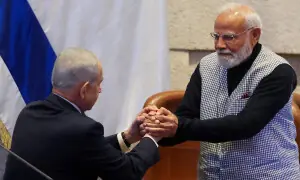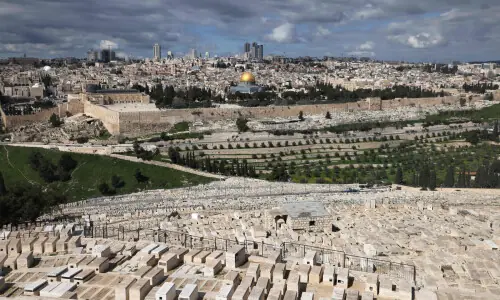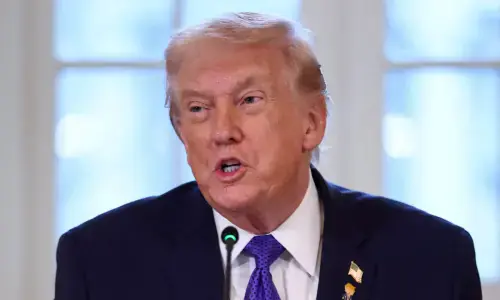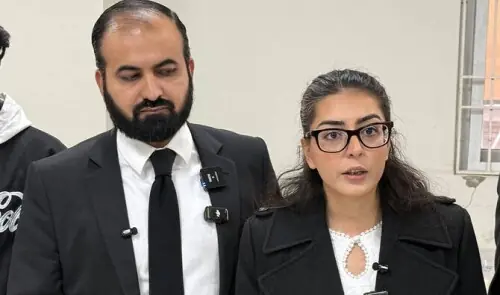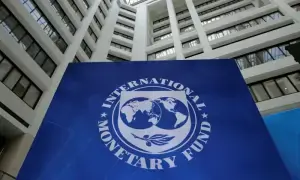IT seems we are heading further into uncharted territory. Punjab Chief Minister Parvez Elahi has signed the summary dissolving the provincial assembly as directed by Imran Khan, only hours after it had reposed confidence in him.
By sending the advice to the governor for the assembly’s dissolution, he has also dashed the PML-N’s hopes that he would not want to lose his government or the chance to position his party for a bigger role in provincial politics in the next general elections.
How will the central government and Prime Minister Shehbaz Sharif’s party, the PML-N, react to this latest development? It was unclear at the time these lines were being written. Considering the intra-party rifts and its pathetic inability to prevent the dissolution, it seems the PML-N has run out of useful ideas.
Whether or not the dissolution of the Punjab Assembly along with that of KP gives Imran Khan what he is aiming for — early general elections — the polls, whenever they are held, are not going to be easy sailing for the PML-N in its fortress of Punjab.
There is another issue to consider. The provincial assemblies’ premature dissolution will raise several legal questions that would need to be settled before elections in the two provinces are held. For example, general elections — both for the National Assembly and the provincial assemblies — must be held around the same time.
However, polls in Punjab and KP will have to be held within 90 days of Punjab and KP assemblies’ dissolution, which would lead to a situation in which these elections will be completely out of sync with those for the National Assembly — unless Imran Khan’s opponents miraculously accept his demand and simultaneously hold the general election.
Otherwise some change in the election law will become necessary, either through the courts or through a presidential ordinance or some other similar measure. Secondly, and perhaps even more confusingly, both the Constitution and the election law require the general election to be held under caretaker governments in the centre as well as the provinces.
Going by this condition, what will happen to the governments which will come into power in the two provinces after premature provincial assembly polls?
The only way to resolve this conundrum is to change the legal framework for the elections — a task that only a functional parliament and a politics of dialogue and debate can achieve.
The alternative is to seek advice from the superior courts, but, as almost every political party has found to its disadvantage, the judges have been neither consistent nor wholeheartedly supportive of the idea of political problems being placed before the judiciary.
What, however, is crystal clear amidst this imbroglio is that the ongoing conflict between the centre and the province has immensely affected governance in the country’s largest province.
Published in Dawn, January 13th, 2023



